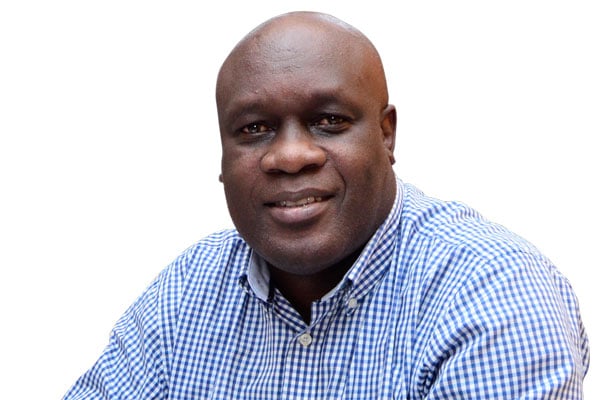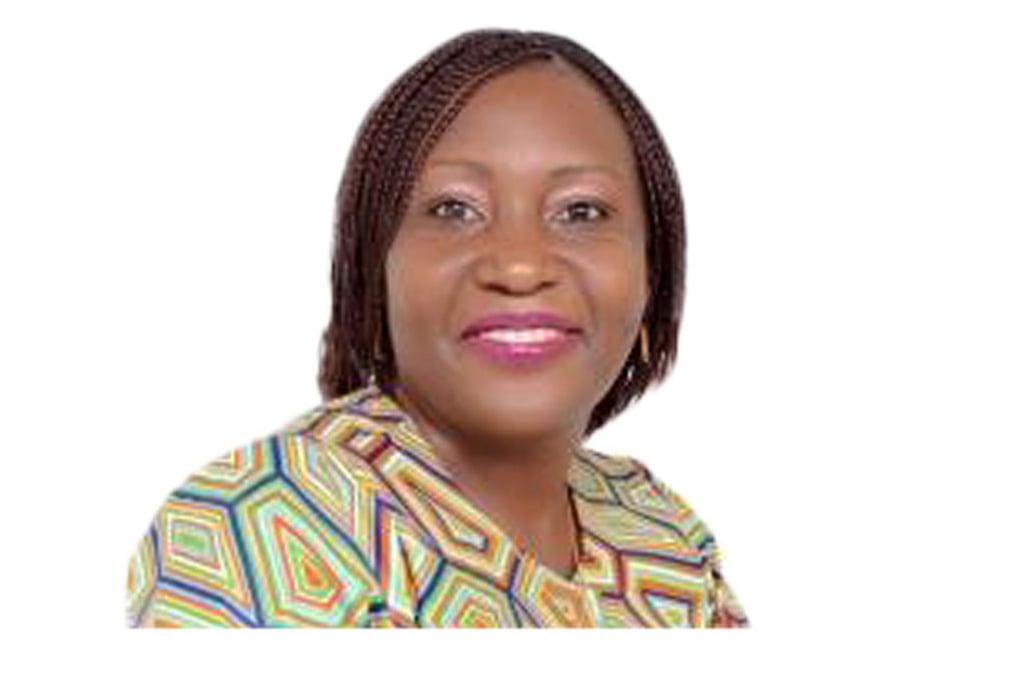Does UCC’s 10pm to 5am ‘watershed’ apply to radio?

Author: Odoobo C. Bichachi is the Nation Media Group (NMG)-Uganda public editor. PHOTO/FILE.
What you need to know:
- The watershed hour differs in many countries. In Australia for instance, it is 7.30pm while in Italy it is 10.30pm.
Last week or so ago, the Uganda Communications Commission (UCC) introduced to many Ugandans – journalists inclusive – a new nomenclature; “watershed hours”.
Students of geography may be familiar with the term watershed which means a ridge, mountain, etc that divides two water drainage systems. Indeed one of the “watershed” moments of my travel life was in 2008 when I stood at the watershed of the River Nile and River Congo basins located somewhere in Nyungwe Forest, southwest of Rwanda.
The students of English may have understood it differently as figurative for a “turning point”. For many Ugandans, however, what this has to do with television broadcasting was, and perhaps, remains a point of confusion.
UCC may perhaps not explained this well to the public or because of its reputation as a heavy handed regulator wont to cloth politics in the law, the public has decided to treat its explanation with cynicism. This has in one way or another allowed the narrative on its latest regulatory action to be driven by rather ignorant “influencers” on social media and some journalists telling the public that it [UCC] wants to determine what content they should serve their audiences.
One journalist during a talk-show on television last week referred to UCC’s directive to enforce the broadcasting watershed by requiring television stations to schedule gossip programmes after 10pm as an attempt to police how the media should arrange its “sitting room furniture”!
For the benefit of the general public, “watershed” in broadcasting refers to the dividing line in time of day between family-oriented programmes and when programming aimed at adult audiences is permitted. Adult programmes are often loaded with sexual innuendo or are outright X-rated which is deemed harmful to children. The phrase is therefore borrowed from geography.
The watershed hour differs in many countries. In Australia for instance, it is 7.30pm while in Italy it is 10.30pm. In the UK, it is 9pm while in USA it is 10pm. In Uganda – we now know – it is 10 pm. Generally the watershed period runs up to 5am in many countries while others may extend it up to 5.30am.
Despite some criticism against UCC, many Ugandans (going by social media comments) are relieved that something has been done to rein in irresponsible programming that was exposing children to silly and dirty jokes and gossip during prime evening time. This should not have waited for UCC to move in. Any responsible broadcaster should have read the letter and spirit of the law and avoided this – attractive as it is to viewers.
Which brings us to radio programming. Is there a watershed hour for radio? If you have listened to many radio morning programmes on Kampala based radio stations, then you must have come across the hypothetical relationship problems the presenters throw up and invite callers to give advice. Some of the problems are general but others delve into sexuality that if you have children in the car, you will be lucky to turn the knob before they have heard adult stuff!
Standards for General Broadcast Programming in Uganda – 2018, the document UCC is fond of waving around does not specifically refer to radio. The clause on watershed hours is general to broadcasting. It states:
“All programmes broadcast between 6am and 10pm must be suitable for family audiences. The transition from family-oriented to more adult programming after the watershed period (time after 10pm) should also be executed gradually.”
This is the same with many countries. Watershed is not applied to radio in the strict sense it is done with television. This, however, does not give radio licence to broadcast adult content as and when they wish.
British Broadcasting Corporation (BBC) that prides itself as “the world’s radio station” has the following guideline for its broadcasters:
“For radio, the inclusion of sensitive topics and strong language depends less on time of day than on editorial merits and signposting of programme content. On the music networks and elsewhere, care should be taken with language and subject matter at times when children are known to be listening. In the case of “live” programmes, producers should anticipate any potential problems and brief participants before they go on air. Presenters should be aware of how to deal with a difficult situation.”
The jury is out there on whether Uganda’s radio stations should be discussing relationships between 7am and 9am.
Send your feedback/complaints to [email protected] or
call/text on +256 776 500725.




